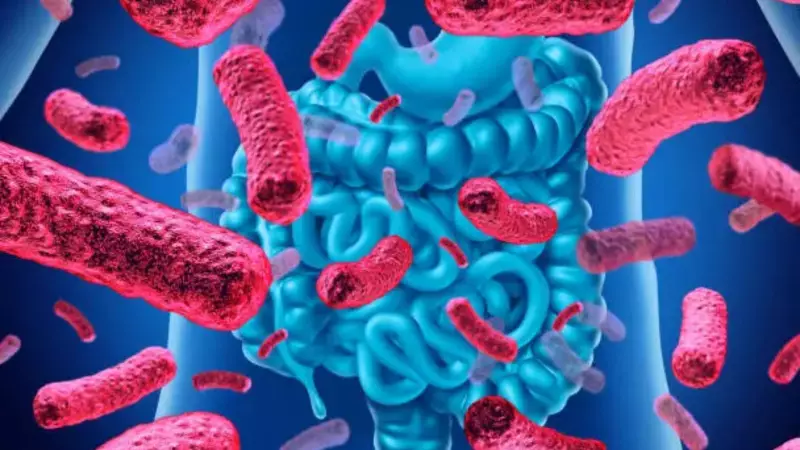
In a fascinating development that bridges the gap between digestive health and mental wellness, recent scientific discoveries are shedding light on the profound connection between our gut bacteria and depression. This emerging field of research suggests that the microscopic organisms living in our digestive system may play a crucial role in regulating our mood and emotional state.
The Silent Conversation: How Your Gut Talks to Your Brain
The human gut contains trillions of bacteria collectively known as the microbiome, and researchers are now discovering that these microorganisms communicate directly with our brain through what's known as the gut-brain axis. This bidirectional communication system involves neural pathways, hormones, and immune system signals that constantly exchange information between our digestive system and central nervous system.
The Science Behind the Connection
Studies have shown that people suffering from depression often have significantly different gut bacteria compositions compared to healthy individuals. Specifically, researchers have identified that certain beneficial bacteria strains are notably reduced in individuals with depressive disorders, while potentially harmful bacteria may be more prevalent.
This microbial imbalance, known as dysbiosis, can trigger inflammation throughout the body, including the brain. Chronic inflammation has been strongly linked to the development and persistence of depressive symptoms, creating a biological pathway through which gut health directly impacts mental health.
Neurotransmitters: The Chemical Messengers
Perhaps the most surprising discovery is that gut bacteria actually produce neurotransmitters – the chemical messengers that regulate mood, sleep, and emotions. Your gut microbiome is responsible for producing approximately:
- 90% of your body's serotonin – often called the "happiness hormone"
- 50% of dopamine – involved in motivation and pleasure
- Various GABA – which helps calm the nervous system
This means that the state of your gut health directly influences the production of chemicals that determine how you feel emotionally.
Practical Steps to Support Your Gut-Brain Health
While research is still evolving, there are several evidence-based approaches you can take to support a healthy gut microbiome and potentially improve your mental wellbeing:
- Diversify your diet with fiber-rich fruits, vegetables, and whole grains
- Include fermented foods like yogurt, kimchi, and kombucha
- Consider probiotic supplements after consulting with a healthcare provider
- Reduce processed foods and sugars that can harm beneficial bacteria
- Manage stress through meditation, exercise, and adequate sleep
The Future of Mental Health Treatment
This research opens up exciting possibilities for new approaches to treating depression. Scientists are exploring psychobiotics – specific probiotic strains that may have mental health benefits – as potential complementary treatments for depressive disorders.
While gut health shouldn't replace traditional depression treatments, it represents a promising additional avenue for understanding and addressing mental health challenges. As research continues to unfold, the age-old saying "trust your gut" is taking on a whole new scientific meaning that could revolutionize how we approach mental wellness.





